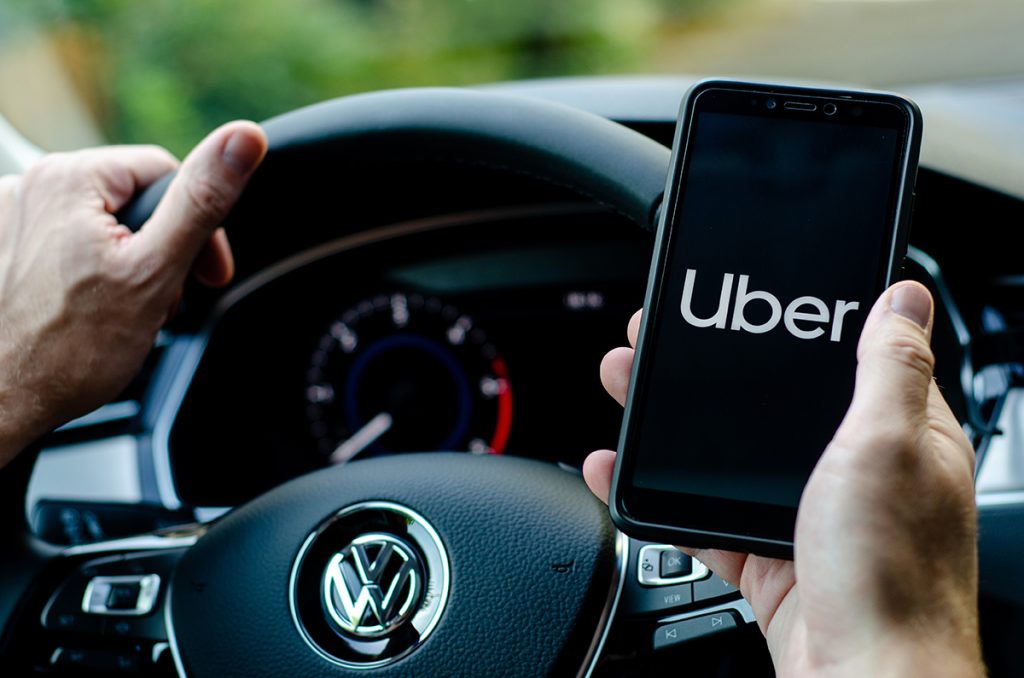Massachusetts braces for a legal showdown as ride-hailing giants Uber and Lyft gear up for trial over the contentious issue of worker classification. At the core of the dispute lies the question: should drivers for these platforms be considered independent contractors or employees?
The trial, set to commence on Monday in Boston’s Suffolk County Superior Court, stems from a lawsuit filed by Massachusetts Attorney General Andrea Joy Campbell. Campbell argues that Uber and Lyft have consistently misclassified their drivers as independent contractors, thereby denying them essential benefits like a minimum wage, overtime pay, and earned sick time.
According to Campbell’s office, the ride-hailing giants fail to meet the criteria outlined in Massachusetts’ labor laws, which would allow them to classify drivers as independent contractors. Instead, they argue that these drivers should be recognized as employees under state law.
This legal battle reflects broader disputes unfolding nationwide regarding the status of workers in the burgeoning gig economy. The rise of app-based companies has transformed the labor landscape, forcing lawmakers and regulators to grapple with how best to protect the rights and interests of gig workers.
Both Uber and Lyft vigorously defend their classification of drivers as independent contractors, asserting that they are technology companies, not transportation providers. They maintain that their platforms simply facilitate connections between drivers and passengers. They caution that a ruling against them could endanger their flexible business models and potentially compel them to scale back or cease operations in Massachusetts.
Rohit Singla, a legal representative for Lyft, reiterated the company’s position during a pre-trial hearing, emphasizing that their current business model does not support treating drivers as employees.
The trial unfolds against the backdrop of broader legal and political developments in Massachusetts. Recently, the state’s highest court considered a proposed ballot measure supported by the industry, which defines drivers as contractors while providing them with some additional benefits. The court appears inclined to allow this proposal to proceed to a vote, alongside a competing measure endorsed by labor organizations, which seeks to grant drivers the right to unionize.
The lawsuit, initially filed in 2020 by Campbell’s predecessor, Maura Healey, who now serves as the state’s governor, could have significant consequences for Uber and Lyft. If the state prevails, the companies could face substantial penalties for their alleged misclassification of drivers.
A report from the state auditor sheds light on the potential financial impact of the companies’ classification practices. It reveals that by treating their Massachusetts drivers as independent contractors, Uber and Lyft avoided paying an estimated $266.4 million into workers’ compensation, unemployment insurance, and paid family medical leave over the span of a decade.
As the trial progresses, all eyes are on Suffolk County Superior Court Judge Peter Krupp, who will ultimately determine the outcome of this high-stakes legal battle. The decision will not only shape the future of ride-sharing in Massachusetts but also serve as a gauge for the broader gig economy across the nation.


